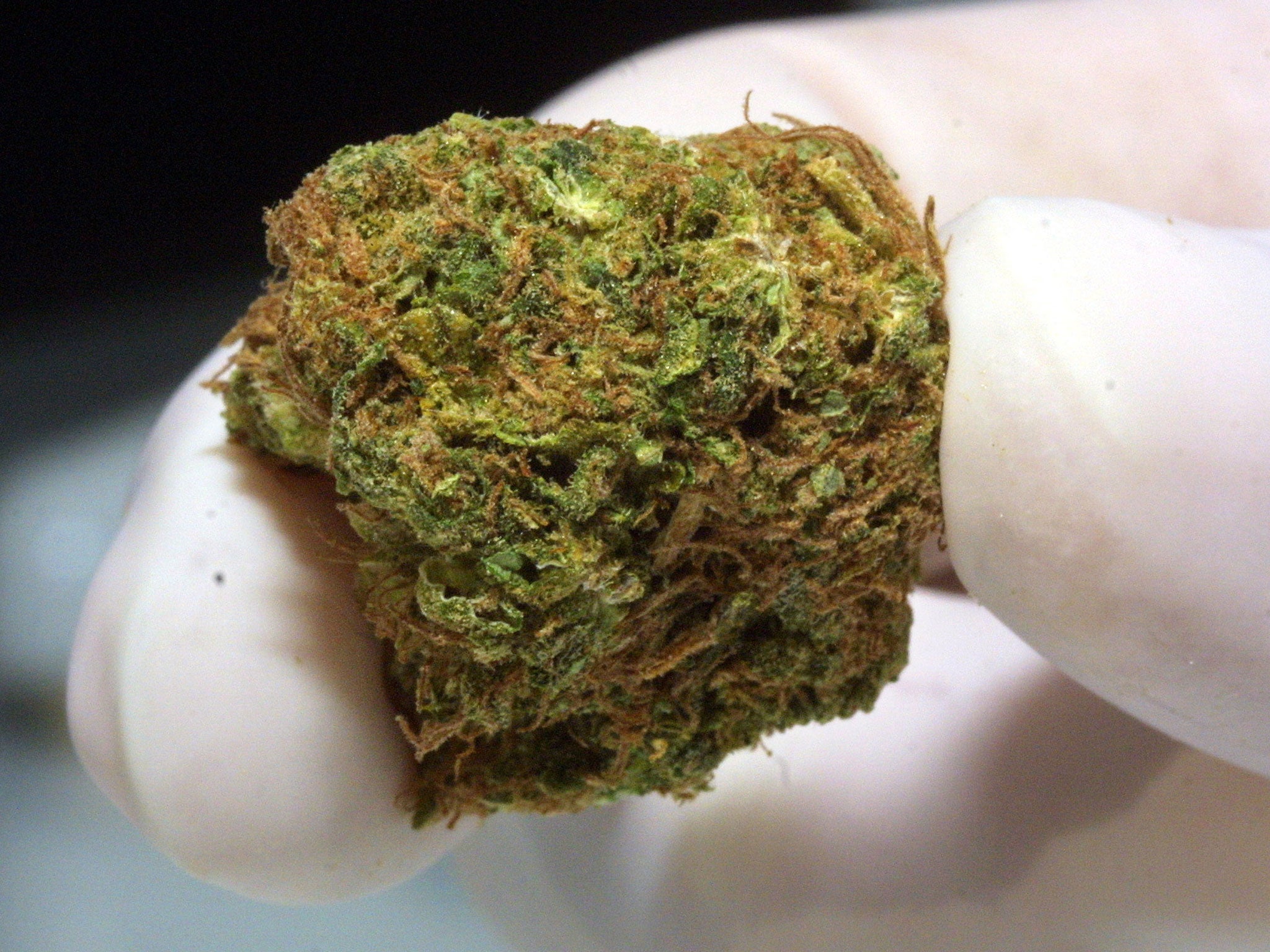Why Dutch mayors want to cultivate cannabis
'We have a bizarre system of banning and allowing cannabis at the same time'

Dutch laws governing marijuana use are so liberal that even the US pop star Miley Cyrus failed to spark too much controversy when she lit a joint on stage in Amsterdam last year.
Now, 35 mayors are urging the government to take it a step further and let them grow cannabis too, as a global shift in favour of legalisation is leaving the once forward-thinking Netherlands lagging behind.
In a manifesto signed last week, the mayors of cities including Amsterdam, Rotterdam and Utrecht argue that the current laws allowing the sale but banning the cultivation of marijuana mean the nation’s cannabis cafés have to turn to illegal gangs for their supply, encouraging organised crime and wasting valuable police time dismantling unlawful plantations.
Ahmed Aboutaleb, the mayor of Rotterdam, said the coffee shops were having to rely on “murky worlds” and called the current situation “unsustainable”, the public broadcaster RTV reported. If local municipalities were able to grow the drug in a regulated environment, proponents argue, that would cut out the criminal middlemen and generate revenue for the cities.
“The Netherlands no longer leads the way: what we have is a bizarre system of banning and allowing cannabis at the same time,” Arend van den Berg, editor-in-chief of the Z24 business news website, wrote in an editorial. The current laws mean “coffee shops have to bend over backwards to safeguard their supply line, giving criminals a chance to get involved and endangering quality”.
The government, however, is unmoved. “We agree that crime and nuisance have to be fought, but we disagree on the right instrument,” said the Security and Justice Minister, Ivo Opstelten. He argues that a change in the law would not be well-received by neighbouring countries, as marijuana grown in The Netherlands could end up in other European nations where it remains banned.
However, as the veteran Dutch politician Frits Bolkestein told a conference on marijuana legislation on Friday, “the international tide is turning”.
While The Netherlands was once at the cutting edge of the move to decriminalise marijuana, it now looks likely to be out-done in its liberal credentials by the United States, where the so-called “War on Drugs” was first declared, and where the first state-licensed cannabis shops opened in Colorado last month. The new laws allow the regulated growth, sale and taxation of marijuana for recreational use, and Washington will enact similar laws later this year.
The tide is turning in South America too, with Uruguay in December becoming the first nation fully to legalise the trade in cannabis.
This marks a change from the last four decades, when The Netherlands was one of the few places in the world where you could spark up without fear of arrest. Since the 1970s, the possession of small amounts of cannabis has been legal, allowing the sale and consumption in the infamous coffee shops.
As a result, Dutch cities have become favourite destinations for party weekends. The presence of drunken youths from across Europe marauding along the streets searching for the next smoke-filled café has already prompted some shift in the law, with the city of Maastricht banning the sale of cannabis to tourists.
But those visitors can also offer a financial windfall. By taxing the growth and sale of cannabis, Colorado expects to raise $67m (£41m) this year, and Mr Van den Berg cites a study predicting that tourist spending and taxes on legal drugs in The Netherlands could earn the government €1.05bn a year.
So while the stoned revellers may be annoying, it seems the arguments in favour of legalisation are persuasive: a recent poll by the current affairs show EenVandaag found that 60 per cent of Dutch people support the idea of state-grown weed.
Subscribe to Independent Premium to bookmark this article
Want to bookmark your favourite articles and stories to read or reference later? Start your Independent Premium subscription today.

Join our commenting forum
Join thought-provoking conversations, follow other Independent readers and see their replies